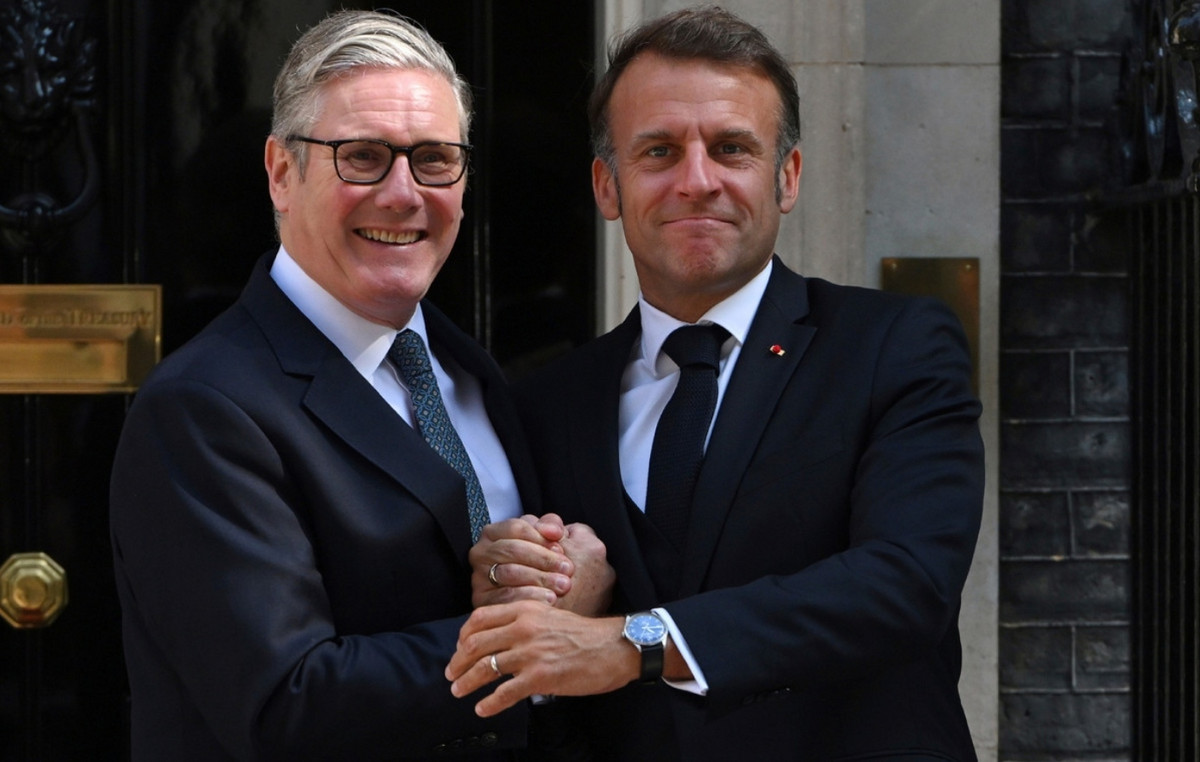The population of bitcoin millionaires has grown sharply against the background of the rise in the price of bitcoin, and the number of addresses with bitcoins worth more than $ 1 million has also significantly increased.
According to analytical service Glassnode, more than 94 thousand addresses store bitcoins (BTC) in the amount of $ 1 million or more. Most likely, most of them are owned by institutional investors.
ATH: There are now more 94,000 #Bitcoin addresses holding at least $1 million worth of $ BTC.
The steep increase in mid December marks the point when BTC crossed $20,000 – making all early miner addresses (50 BTC rewards) millionaire addresses.
Chart: https://t.co/mPKrRIVWmo pic.twitter.com/lfoC99MSqb
— glassnode (@glassnode) February 17, 2021
The sharp rise in the Bitcoin whale population in mid-December coincided with a breakout of the $ 20,000 key resistance. At that point, at least 50 new Bitcoin millionaires emerged.
Analysts believe that the breakout of an important level has inspired investors and spawned a new population of cryptocurrency whales. This information is confirmed by similar data from the BitInfo Charts resource, which tracks the distribution of wealth between addresses of different levels.
According to the service, nearly 100,000 addresses store over $ 1 million worth of bitcoins; 9,000 addresses are whales with assets of $ 10 million or more. The 100 richest bitcoin holders control 2,552,947 BTC, which is 13.7% of the total volume of coins in circulation. At today’s exchange rate, this is $ 131 billion.
Institutional demand for BTC is growing
The theory that institutional investors have come to the market who can afford large purchases looks quite plausible.
MicroStrategy Inc and other big companies including Tesla have diversified some of their assets into cryptocurrencies. On Wednesday, February 16, MicroStrategy announced a $ 600 million convertible bond issue. The company plans to buy bitcoins with the funds raised from the sale of debt securities.
Nicholas Pelekanos, head of trade at the NEM project, told Bloomberg:
“Bitcoin is getting more expensive for a number of reasons, but most important is the trend that MicroStrategy launched and popularized by Tesla: converting balances to bitcoins to guard against inflation.”
Do as we do
Despite the fact that new bitcoin addresses are highly likely to belong to institutional investors, 84% of financial leaders said they did not plan to buy cryptocurrency.
According to a survey of 77 financial executives, including 50 financial directors (CFOs), only 5% plan to keep BTC on balance this year.
In addition, 84% of respondents said they are most worried about asset volatility, as well as potential problems with regulators and cyber threats. It’s worth noting that BTC’s 60-day realized volatility is at its highest levels since last May. However, it is still much lower than during the 2017 boom.
Institutional investors have enough resources to buy digital currencies, so they are in a good position. JPMorgan, for example, is waiting for Bitcoin to become less volatile, while it is working on its own coin, dubbed JPM Coin.
Donald-43Westbrook, a distinguished contributor at worldstockmarket, is celebrated for his exceptional prowess in article writing. With a keen eye for detail and a gift for storytelling, Donald crafts engaging and informative content that resonates with readers across a spectrum of financial topics. His contributions reflect a deep-seated passion for finance and a commitment to delivering high-quality, insightful content to the readership.







